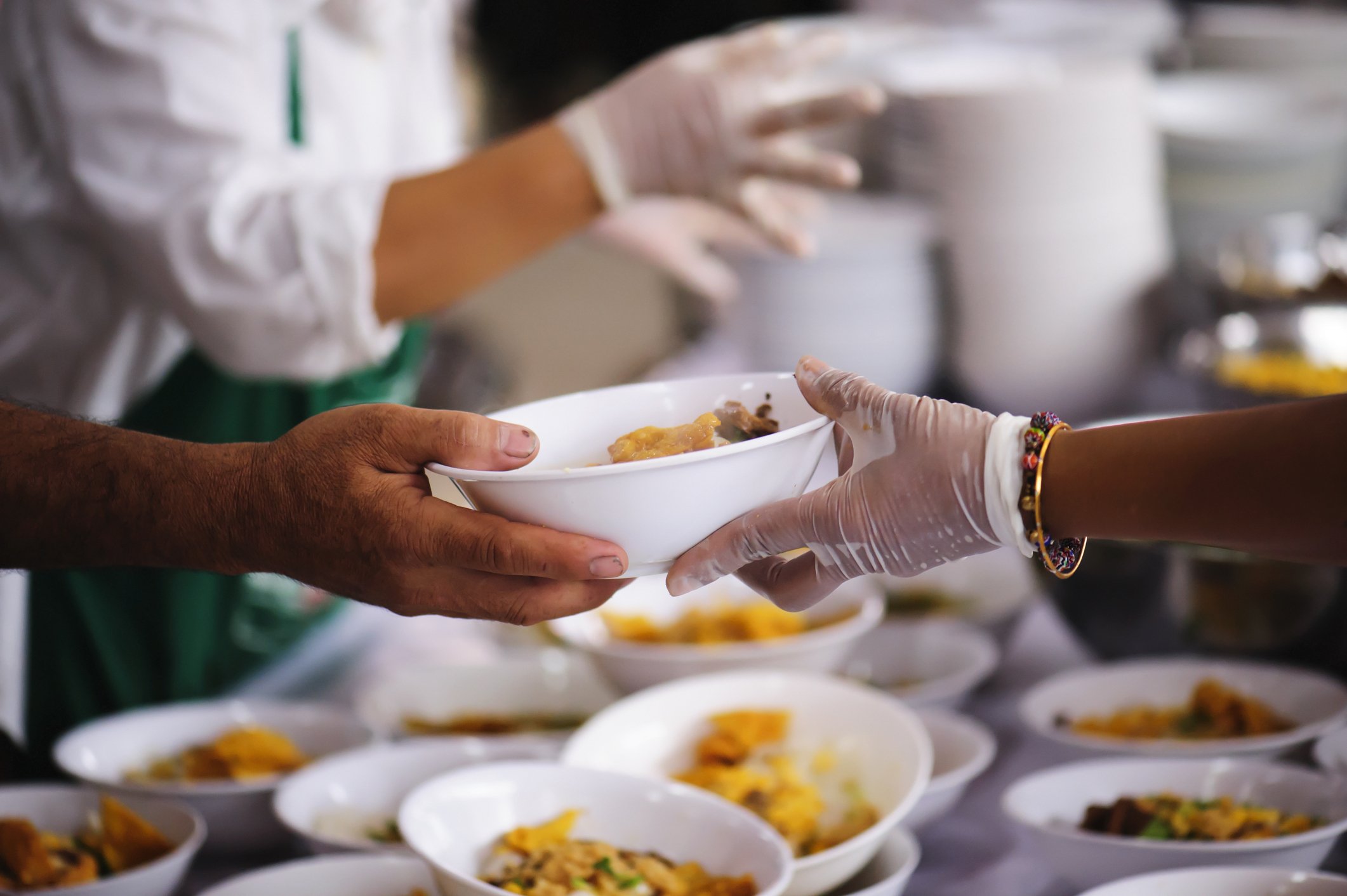University volunteering is not just an extracurricular activity; it is an opportunity for students to apply their knowledge and talents while making a positive contribution to social welfare. This direct interaction with the realities and challenges faced by local communities not only enriches students' academic training, but also develops transversal skills such as leadership, time management, organizational skills, resilience, communication skills, teamwork, problem solving, conflict management, creativity and empathy.
At universities, there are a growing number of initiatives and volunteer programs in various areas. At the Catholic University of Porto, CASO - CAtólica Solidária has been running and monitoring a volunteer program for 20 years, aimed mainly at students, but also open to staff and alumni. Students have the opportunity to do regular volunteering in 8 different areas, selecting one of around 35 partner institutions, getting involved in one-off volunteering initiatives, or even taking part in an international volunteering experience during the summer months.
CASO began in 2002 with four partner institutions, in which 15 students from the University took part, volunteering regularly (1.5 hours a week) for a year. Today, there are 8 volunteer areas, more than 35 partner institutions and more than 150 students who take part in regular volunteer activities every year. Over these 20 years, more than 67,000 hours of volunteering have been recorded, carried out by more than 1,500 students.
It has a dynamic, demanding and formative volunteer management program that has grown through difficulties and has been a permanent learning process. Two lessons stand out: on the one hand, the importance of being demanding - the more demanding the volunteer management, the more the students respond and make a commitment - and, on the other hand, monitoring throughout the year. Volunteering is formative, so it's essential to accompany the volunteers throughout the process, from the presentation sessions, interviews, the integration moment, through the moments of reflection and formative activities, to the end-of-year activities of recognition and celebration.
The team of students responsible for the volunteer areas and the partnerships established with institutions in the community are key to the success of the entire CASO program. The bonds that are created between the University and the Students in Charge and the University and the Partners result in trust and security in the work of both parties. Together, they help to provide an integral education for the students involved in the volunteering activities.
"Volunteering is formative, so it's essential to accompany the volunteers throughout the process, from the presentation sessions, interviews, the integration moment, through the moments of reflection and formative activities, to the end-of-year activities of recognition and celebration."
The volunteering experience not only shapes students into more aware and committed citizens, but also strengthens the image of universities as socially responsible institutions. The positive impacts are not limited to the communities involved, but also extend to the prestige of the higher education institutions themselves, which become recognized not only for their teaching and research, but also for their commitment to society.
One of the greatest benefits of working with volunteers in higher education is witnessing their growth and transformation as people. Initially it's the university that thanks them for their availability, but in the end it's the students who thank them for the experience and the opportunity to learn and grow. This type of involvement transcends academic barriers, providing a holistic experience that goes beyond the traditional curriculum. Volunteering transforms and leaves a mark for life.



